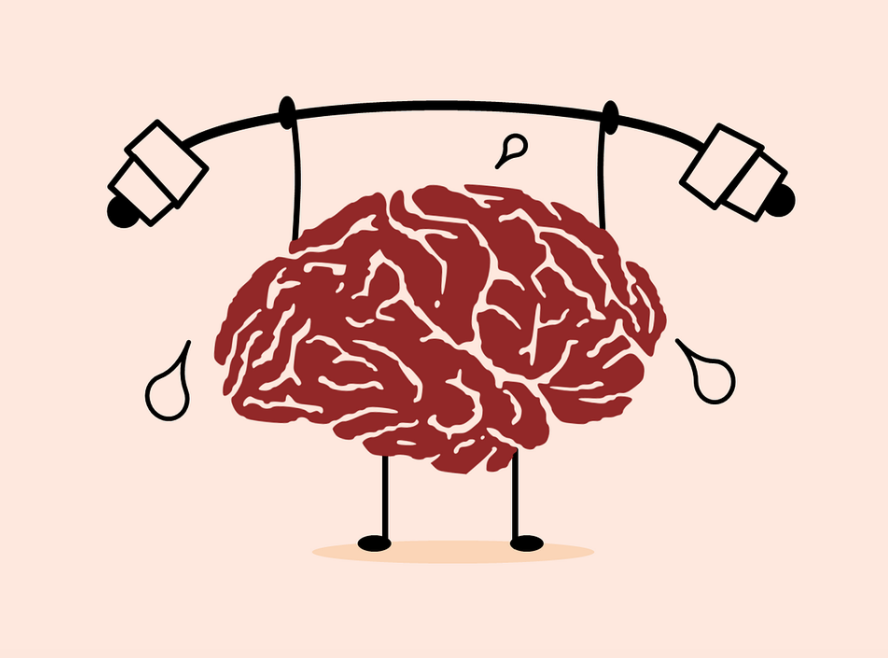By: Ian Bernstein ’18
More than half, or 54 percent, of U.S. women have experienced unwanted and unwelcome sexual attention from men, according to a national ABC News and Washington Post poll.
Let this sink in. Let the fact that most women have suffered from sexual harassment at some point in their lives fester in your mind and sicken your stomach.
In discussing the problems associated with the prevalence of sexual harassment in modern-day American culture, individuals often fail to consider the effects of sexual harassment in depth, simply saying that the matter at issue makes women feel uncomfortable or worthless, for example (Psychology Today). While that is a worthy enough reason for combatting sexual harassment, I think revealing the hidden mental health effects of this issue may spark a greater sense of determination in tackling it.
Live Science, an online news organization that publishes science-related articles, named depression as one of the “6 Ways Sexual Harassment Damages Women’s Health,” noting that this depression is often long-term (10 plus years). The fact that sexual harassment places this long of a toll on the mind baffles me; we, as a society, need to be more aware of the long-term mental burden that sexual harassment imposes on its victims to make ourselves more sensitive and combative towards the issue. Otherwise, women will continue to suffer from depression caused by harassment, impairing their ability to lead healthy lifestyles (New York University, Steinhardt).
In addition to depression, we must recognize that sexual harassment sufferers often struggle with PTSD (Post-Traumatic Stress Disorder), a mental health condition common in military veterans that often induces paranoia (Bustle). Allow me to reiterate: sexual harassment victims don’t merely feel uncomfortable, they become afraid. We, as a society, can’t continue to ignore the overwhelming fear that many victims deal with as a result of sexual harassment. We need to be cognizant of this fear brought on by PTSD, and only then, after more individuals recognize the crippling effects of PTSD as a byproduct of sexual harassment, will society be more compelled to attack it.
Last, but certainly not least, I’d like to draw attention to the risk of substance abuse (alcohol, prescribed medication, etc.) as it relates to sexual harassment. According to Mental Health America, “there is a clear trend between victims of sexual harassment and substance abuse,” giving even more urgency to the issue of harassment. We can’t just stand idly by as more and more women fall victim to harassment and turn to dangerous substances to relieve their internal suffering.
We must place more emphasis on the mental health consequences of sexual harassment, like depression, PTSD and substance abuse, to name a few, in order to ignite a greater desire among the American public to alleviate the issue.














































